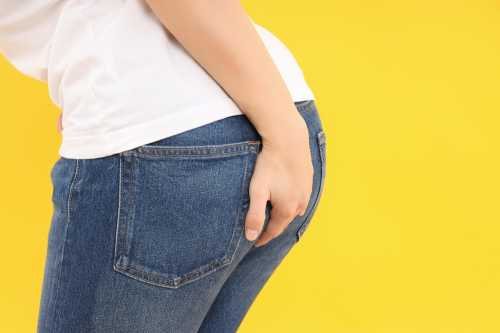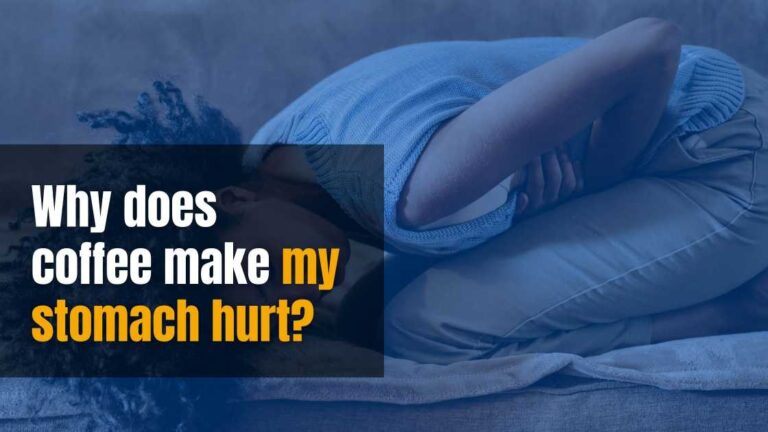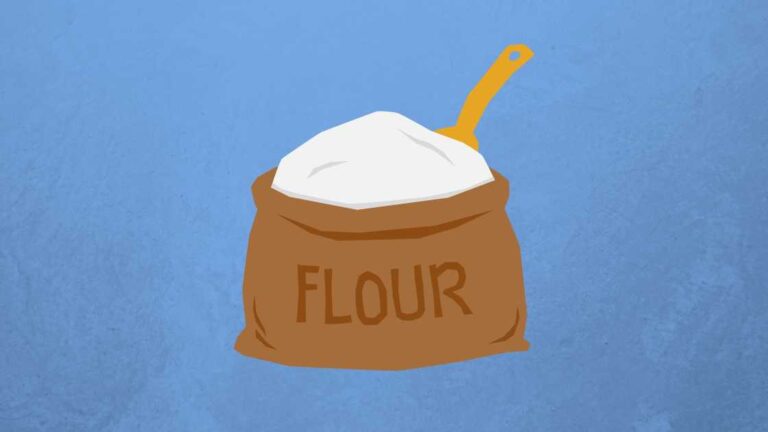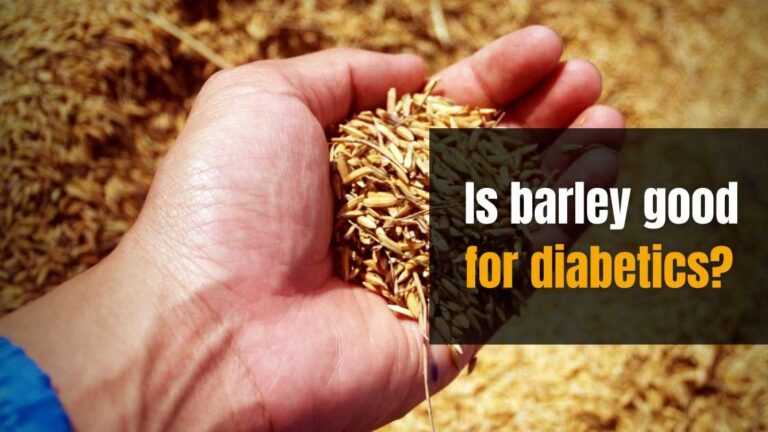Brushing your teeth is very essential for maintaining oral hygiene. You often hear that we are supposed to brush at least twice every day but most people often ignore this and brush once a day and sometimes they do not brush their teeth at all for a couple of days.
You might think brushing your teeth is not very important but it is especially at night. Not brushing your teeth can lead to serious health problems such as tooth decay, bad breath, gum disease, and so on.
This article will explain why you should brush your teeth and the consequence of not brushing your teeth.
Why should I brush my teeth?
Brushing your teeth is very important because it keeps your mouth clean and fresh. It also keeps oral bacteria at bay.
Another very important reason why you should brush your teeth is to prevent bad breath or bad odor from your mouth.
No one, absolutely no one can stand near a person who has bad breath. Bad breath is embarrassing and can cause people around to not come near you or take face to face with you. It also brings a stigma to people.
When someone is noted for having bad breath, people who get to know this will always keep their distance.
What happens if you do not brush your teeth?
No matter how good your oral hygiene routine is, your mouth is always full of bacteria. When you don’t brush your teeth at least twice a day, the bacteria in your mouth will start to build up over time and can cause some serious oral and general health issues.
Below are some of the bad things that can happen if you do not brush your teeth.
Accumulation of plaque
Plaque is a sticky film of bacteria that coats the teeth. Plaque is not good for the mouth because it penetrates the enamel responsible for protecting your teeth.
It then proceeds to attack vulnerable layers which are underneath the enamel of your teeth. The buildup of plaque in the mouth can lead to cavities.
Cavities
A cavity is also another consequence of not brushing your teeth. A cavity is a hole in a tooth that develops from tooth decay. They are formed when acids in your mouth wear down the outer layer (enamel) of a tooth.
It is also caused by bacteria, snacking, sipping sugary drinks, and poor teeth cleaning. If left untreated, cavities can cause toothache, infection, and tooth loss.
Cavities are however treatable. Some treatments include the use of:
- fluoride
- fillings and crowns
It is better to avoid or prevent cavities in general because severe cases of cavities may need a root canal or removal. So, you should think twice before you decide not to brush your teeth.
Gum disease
Deciding not to brush your teeth can lead to gum diseases. Also known as periodontal disease, it is a serious infection of the gum that damages the soft tissue and without treatment can destroy the bone that supports your teeth.
Periodontitis can cause teeth to loosen or can lead to tooth loss. Periodontitis is very common but is easily preventable. Periodontal disease has been associated with higher risks of kidney disease, dementia, and certain types of cancers.
Symptoms of gum disease include;
- swollen gums
- redness and tenderness of gums
You should also bear in mind that advanced cases of gum disease may require surgery and so you must not avoid brushing your teeth.
Tooth decay
Tooth decay is another serious side effect of not having to brush your teeth. If you do not brush your teeth, plaque which we talked about earlier breaks down the enamel of your tooth.
This will then cause bad breath and can eventually lead to severe problems which may require you to need things like a crown and root canals.
Periodontitis
Not brushing your teeth can also lead to periodontitis. Periodontitis is a severe bone infection that severely impacts or weakens the bones that support your teeth. It is a leading cause of tooth loss.
Gingivitis
This is another oral problem that arises when one refuses or does not brush his or her teeth. This is a form of gum disease caused by bacteria.
Gingivitis with its bacteria inflames and irritates the gums. This leads your gums to become puffy and more likely to result in bleeding.
Stained teeth
What happens if you do not brush your teeth is that it can cause your teeth to get stained. Stained teeth happen when pigment residue from food or drink accumulates or builds up in the film of protein that covers the tooth enamel.
Drinks like coffee and wine can cause your teeth to stain. Smoking cigarettes and tobacco can also cause your teeth to stain. If you already have stained teeth then you will be interested in this article “How to turn yellow teeth into white”.
Loss of teeth
Losing your teeth can also happen if you do not brush your teeth. Brushing your teeth regularly will remove the plaque and bacteria that cause gum disease or other diseases in general responsible for tooth loss.
Bad breath
Bad breath is a clear indicator that a person has not brushed his or her teeth. Bacteria builds up in your mouth from small food particles still in your mouth. These small food particles will start to fester in your mouth, making your breath smell bad.
How many times should I brush my teeth?
It is recommended that you brush your teeth twice a day. One in the morning and at nighttime, before you go to bed.
Once you get out of bed, the first thing you should do is brush your teeth. Before you go to work or perform any activity, you must first make sure to brush your teeth.
Most people often brush once, that is in the morning. Brushing your teeth in the night is very important because your mouth produces less saliva at night than during the daytime. Saliva is responsible for rinsing away some of the bacteria in the mouth and this is more effective during the nighttime.
Bacteria in the mouth like to feed on the remaining small food particles left in your teeth and so if they are not removed during the nighttime, you are giving the bacteria in your mouth a party.
For how long should I brush my teeth
Brush your teeth with toothpaste that contains fluoride for at least two minutes. This can go a long way in helping you maintain good oral hygiene.







3 Comments